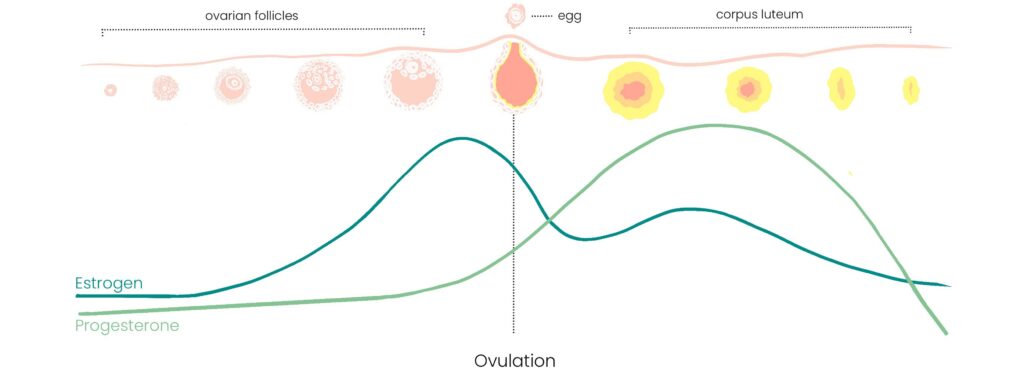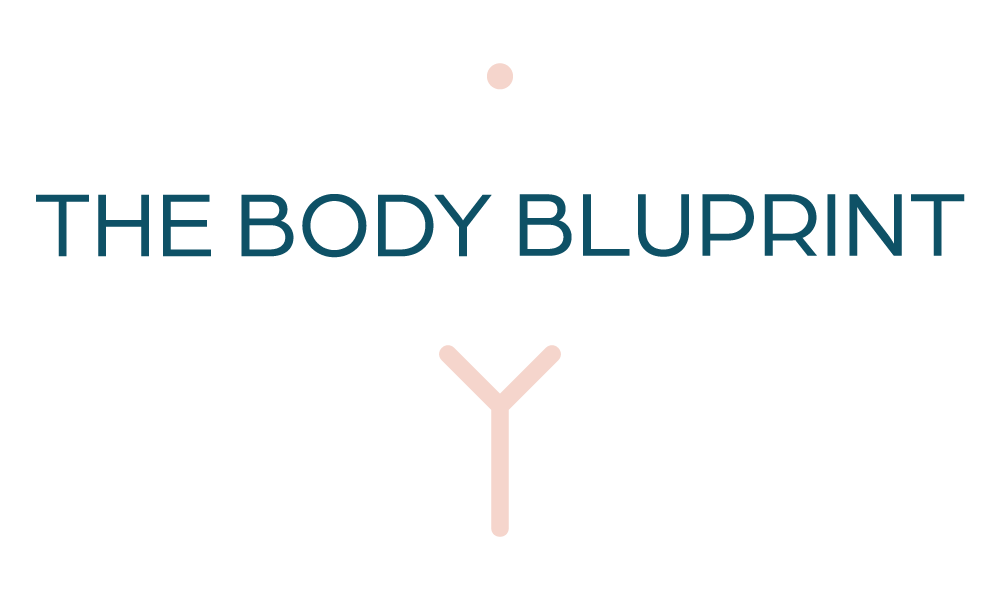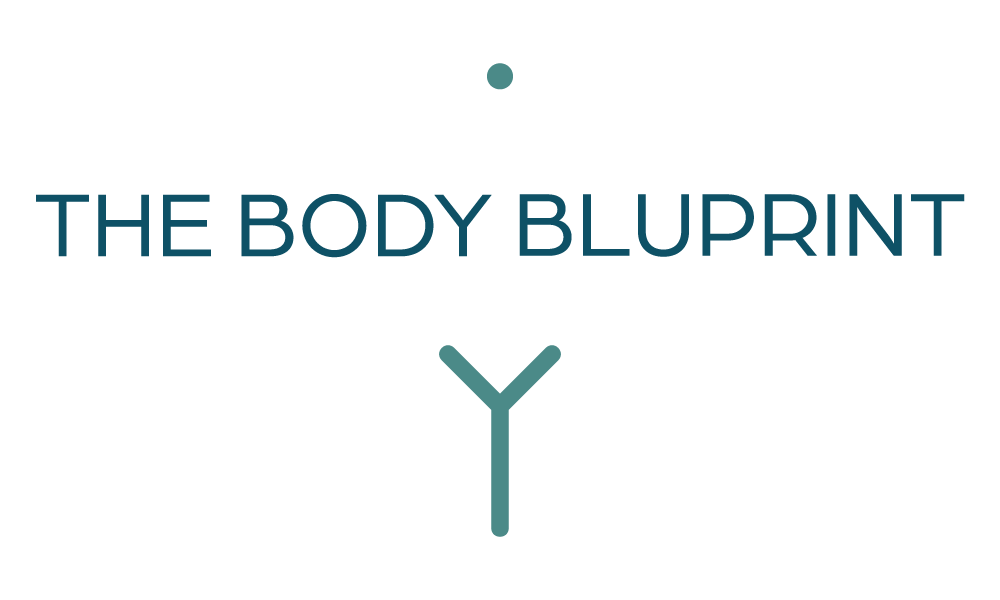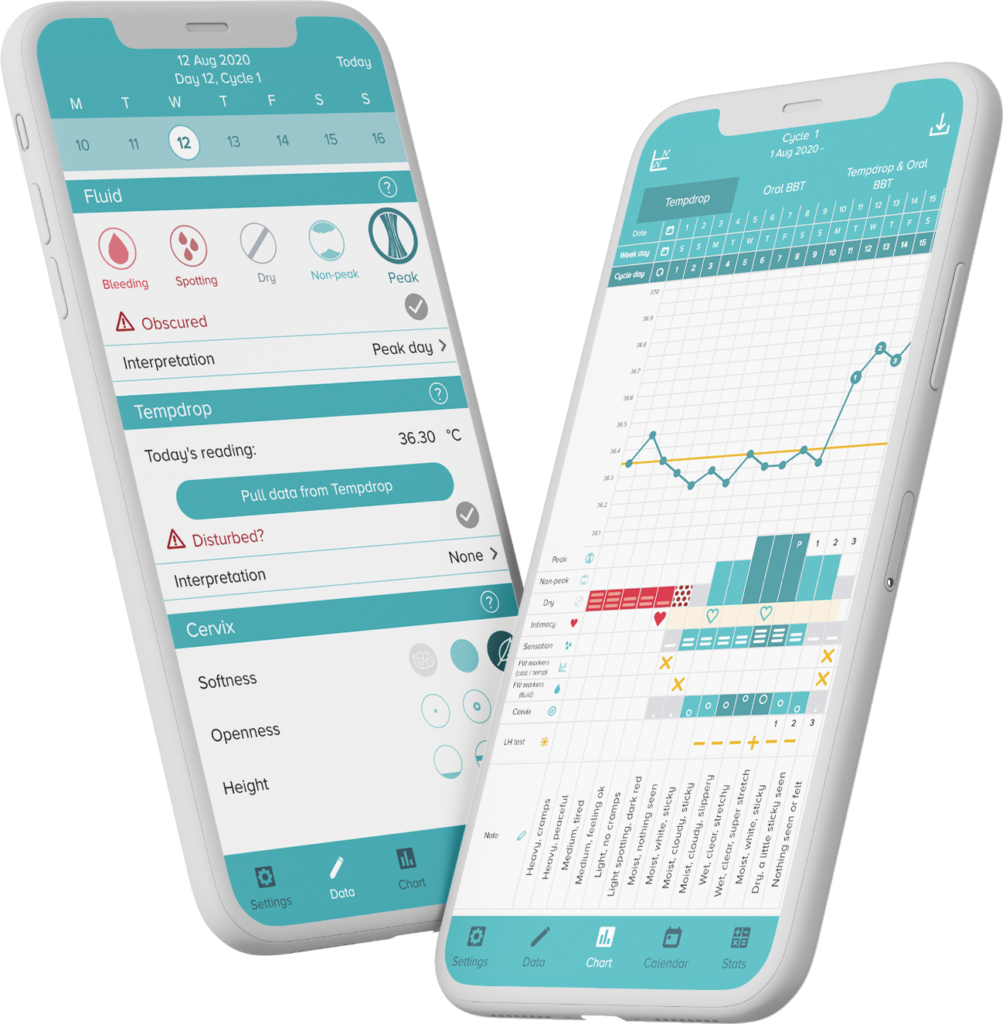(and Why it’s Important to Know)
If you’re like me, you were probably brought up to believe that your period is the main event of your menstrual cycle.
As a FAM educator, I challenge this notion all of the time. You see, for true menstruation to happen, you need to first ovulate.
Ovulation occurs roughly midway during a typical cycle, and sets the border for the follicular phase (first half) and luteal phase (second half).

So now we know a little bit more about the event of ovulation; why is it so crucial? Without ovulation, you don’t produce the primary female sex hormones estrogen and progesterone in adequate amounts. In particular, the hormone progesterone is only produced in large quantities at the time of ovulation when a temporary gland called the corpus luteum forms during the ovulation process. The thing is, progesterone is a seriously important hormone. It plays a critical role in the menstrual cycle, promoting hormonal balance and maintaining the early stages of pregnancy. This is why ovulation is essential for all women of reproductive age, not just those of us who want to have children. Progesterone produced at ovulation does the following;
- Normalizes blood sugar
- Prevents bone loss
- Regulates blood pressure
- Helps to prevent the overgrowth of certain types of cells, which can help protect against some cancers, including breast and uterine cancers.
- Maintains and heals brain cells.
- Maintains uterine lining to support a healthy pregnancy.
- Promotes sleep relaxation and reduces anxiety.
- Assists with thyroid function.
- Helps to lower inflammation.
- Reduced PMS symptoms.
Charting your cycles can help you determine if you may or may not be ovulating and, in turn, produce adequate progesterone levels.
So, if you are charting and have determined you may not be ovulating, here are some common reasons why this could be happening.
- You’re exercising too much
When it comes to female fertility, too much exercise can have a negative effect on ovulation. If your body is in an energy deficit & energy intake isn’t enough for your body to complete its basic functions, ovulation can be put on the back burner.
The hormones responsible for ovulation, e.g., GnRH, FSH, LH & estrogen, can be suppressed, causing ovulatory dysfunction.
- You’re not eating enough
Undereating puts stress on your body & can trigger a starvation response in your hypothalamus that can disrupt your LH hormone & shut off ovulation.
Important: you can be a healthy weight & still experience anovulation buy undereating.
*If in doubt, consult a nutritionist to ensure you’re eating enough.
- Your body is battling illness or stress
Your hypothalamus is like the command centre for your hormones. If your hypothalamus perceives that your body is under too much stress, whether that be physically, mentally or emotionally- it will suppress ovulation.
- Your prolactin is too high
Prolactin is often referred to as the “milk hormone” as it causes the breasts to make milk during pregnancy & suppresses ovulation.
In non-pregnant women, prolactin levels are typically <25 ng/m.
In pregnant women, levels are typically between 80 to 400 ng/m.
If prolactin is too high, it can cause you to stop ovulating. High prolactin can be caused by thyroid disorders, alcohol and some medications.
Curious to learn in you are ovulating, and work with someone to help get you back on track if you aren’t? Check out “the program” tab to see how you can work with me.




